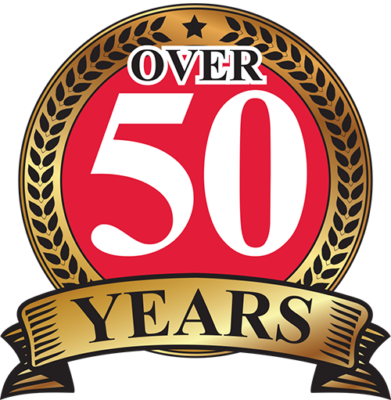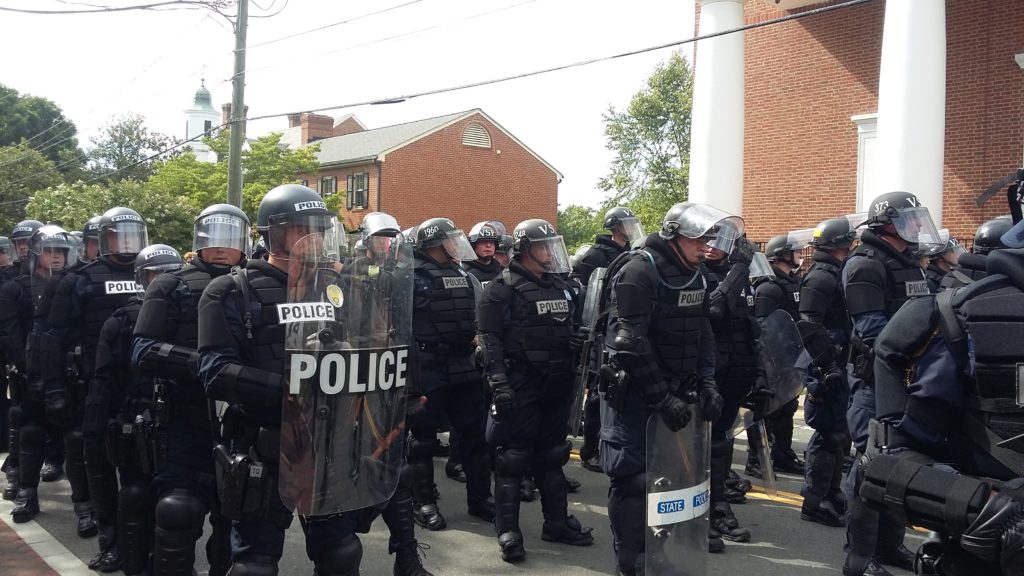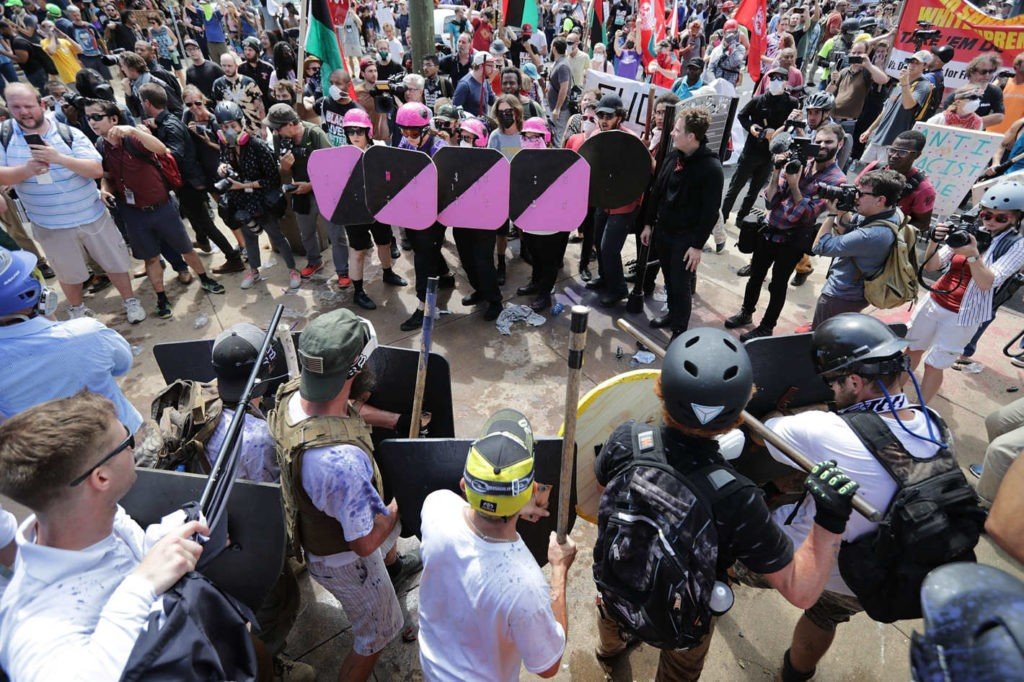Charlottesville, Virginia received nationwide attention over the weekend as white nationalists and counter-protesters skirmished on city streets. The clash culminated in a car being driven into a group of counter protesters—resulting in the death of a woman.
Besides the fatal car injury victim, nine others were injured in the car crash. Fourteen people were injured in clashes with other protesters, and two Virginia State Police troopers were killed when their helicopter crashed and burned.
Harsh criticism came soon after against the white supremacist groups at the demonstration—but also from all sides about the initially anemic response from authorities. Some accused the police of being outnumbered and ill-prepared to keep the warring factions apart from each other. “The worst part ” is that people got hurt and the police stood by,” said David Copper, 70, of Staunton, VA, “and didn’t do a… thing,”
News networks played extensive footage of the violence that happened early in Emancipation Park, and despite police surrounding the area in riot gear, much of that footage shows no intervention by officers.
Charles Ramsey, who headed both the Washington, D.C. and Philadelphia police departments, said, “The whole point is to have an overwhelming force so that people don’t get the idea they can do these kinds of things and get away with it… somebody has to be in between (demonstrators and counter-demonstrators). That’s usually the police.”
Experts on handling large demonstrations stated that Charlottesville authorities may not be as prepared for an event of this scale— the type of which happen more often in cities like New York or Washington, D.C. “Big cities handle this stuff all the time,” said Eugene O’Donnell, former police officer and New York City prosecutor. It’s “an enormous stretch for Charlottesville and even for the state police.”
But what if you or one of your family members were one of the injured? Is there any action you can take against the police who might have done more to protect citizens in Charlottesville?
Legal Protection for Both the Public and Police
Officers can be sued individually, as can the government entity that employs that police officer. Most often, the police are sued under Section 1983 of the Civil Rights Act of 1871, which prohibits anyone acting under the authority of law from violating another person’s civil rights.
Civil rights laws recognize police misconduct as falling into these categories:
- False arrest: Under Section 1983 of the Civil Rights Act, this is the most common complaint made against the police.
- Excessive force: If police use more force than necessary to control or arrest someone, it is considered a violation of that person’s civil rights.
- Malicious prosecution: If someone is prosecuted on baseless grounds, that can be a violation of that person’s civil rights.
- Failure to intervene: If a police officer does nothing when another officer mistreats someone, that office may have violated the recipient of the mistreatment’s civil rights.
At a quick glance above, it would seem a stretch for any of these four main categories to pertain specifically to the Charlottesville accusations: police failing to respond to a situation that caused death and bodily harm. But police can be sued for other reasons—though it is complicated, largely due to the specific legal protections that apply to police.
One of those protections is the concept of “qualified immunity,” which insulates officers from lawsuits. Qualified immunity will not apply, however, if it can be proven that the police officer or officers acted willfully and in an unreasonable manner. In Charlottesville, anyone seeing to sue and be awarded damages for their injuries would likely have to prove that the officers there intentionally and unreasonably decided not to intervene in the skirmish in a timely manner.
With a legal action against a police officer, or police force, a person should consider many points:
- An attorney familiar with police misconduct cases may be able to help you navigate through the complicated legal process.
- Many times police will charge a victim of their misconduct with a crime at the time of the misconduct—resisting arrest or assault are common charges—and an attorney can also help in defending against any charges.
- Gathering evidence such as video of the incident, pictures of any injuries, any clothing damaged, and eyewitness reports which can impact your case.
Have you or a loved one been injured in an interaction with police?
If you or a loved one has been injured during an interaction with police, you can receive compensation for the damages suffered. You may receive compensation for your medical expenses as well. But before you speak to anyone—news media, police department, insurance– the attorneys at Thomas and Pearl want to speak to you.
$150 MILLION in verdicts and settlements
Thomas & Pearl attorneys have the skills and training, plus the financial resources necessary to take on the big companies, and to negotiate settlements favorable for our clients. And Thomas & Pearl Attorneys will absolutely litigate to protect your rights and get you the compensation you deserve.
Ask about the more than $150M (MILLION) dollars in recent and past jury verdicts and settlements we have gained for our clients.
We’ll evaluate your case situation with you, develop a strategy to win or successfully negotiate the highest amount of compensation for you.
Experienced legal help can make the difference between a successful resolution and losing in court. And you pay nothing unless we get that successful resolution for you.
Contact Thomas & Pearl at any time.
Contact Thomas & Pearl Injury Attorneys. Fighting for Floridians. Call toll free 24/7 at 877-990-HELP (4357), or visit https://thomasandpearl.com/




